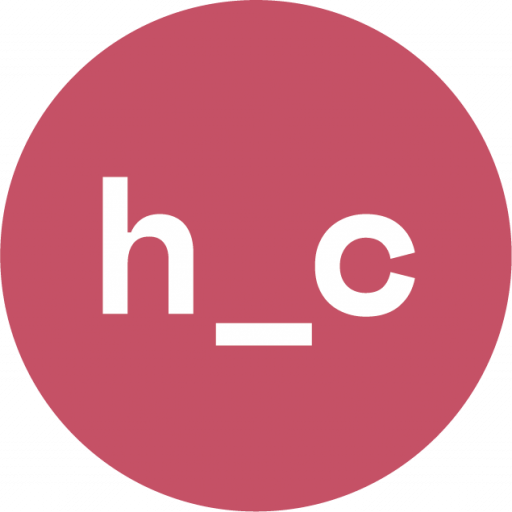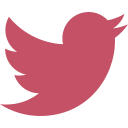Holland, Michigan is not usually considered a hotbed of creativity. But in the 1990s, a band of misfits in Holland created social media long before Facebook, Twitter or anything else we use today. It was called Slashdot.
Slashdot was the first website of its kind—a tech news site where regular users provided the links and comments, and voted on each other’s comments to create a kind of crowd-sourced recommendation engine for news and opinion. At a time when most websites were like magazines with buttons, Slashdot was Reddit before there was Reddit, and Digg before there was Digg.
Like any town, Holland has its outcasts and misfits, and this clip—from my documentary Geeks In Cyberspace—features two types of creative non-conformists finding each other there in the early 1990s.
There were the Geeks, like Rob ‘Cmdrtaco’ Malda, who at just 21 years old hacked Slashdot together with a mix of free software like Perl and Linux. Rob and his friends grew up on the posher side of town and attended private schools. They didn’t fit in with the popular kids at school, and spent as much time virtually chatting on Bulletin Board Systems (BBSs) as they did hanging out in person.
There were also the Mutants, a group of friends who went to public schools and liked to write short stories and listen to punk rock. Despite their differences, the two groups bonded over similar interests in music, books and underage drinking. As Slashdot became a runaway success, Mutants took jobs as Slashdot editors; they even helped Geeks create Everything2, another site that focused on creative writing and took user participation even further. Although people around the world came to use and love these sites, they would always bear the marks of Holland, Michigan.
Slashdot did not simply grow out of the BBS scene, but out of the bedrock of other subcultural scenes. Although their friendship may have seemed unlikely, computer-savvy Geeks were a lot like literary Mutants because both found feelings of belonging and inspiration in creative expression. Using Linux instead of Microsoft Windows was like playing punk rock rather than bland mainstream music. Sitting around writing code with your friends felt intrinsically exciting – not just because you might win the lottery and sell your website for millions of dollars, but because of the joy of creating something the world hasn’t seen.




